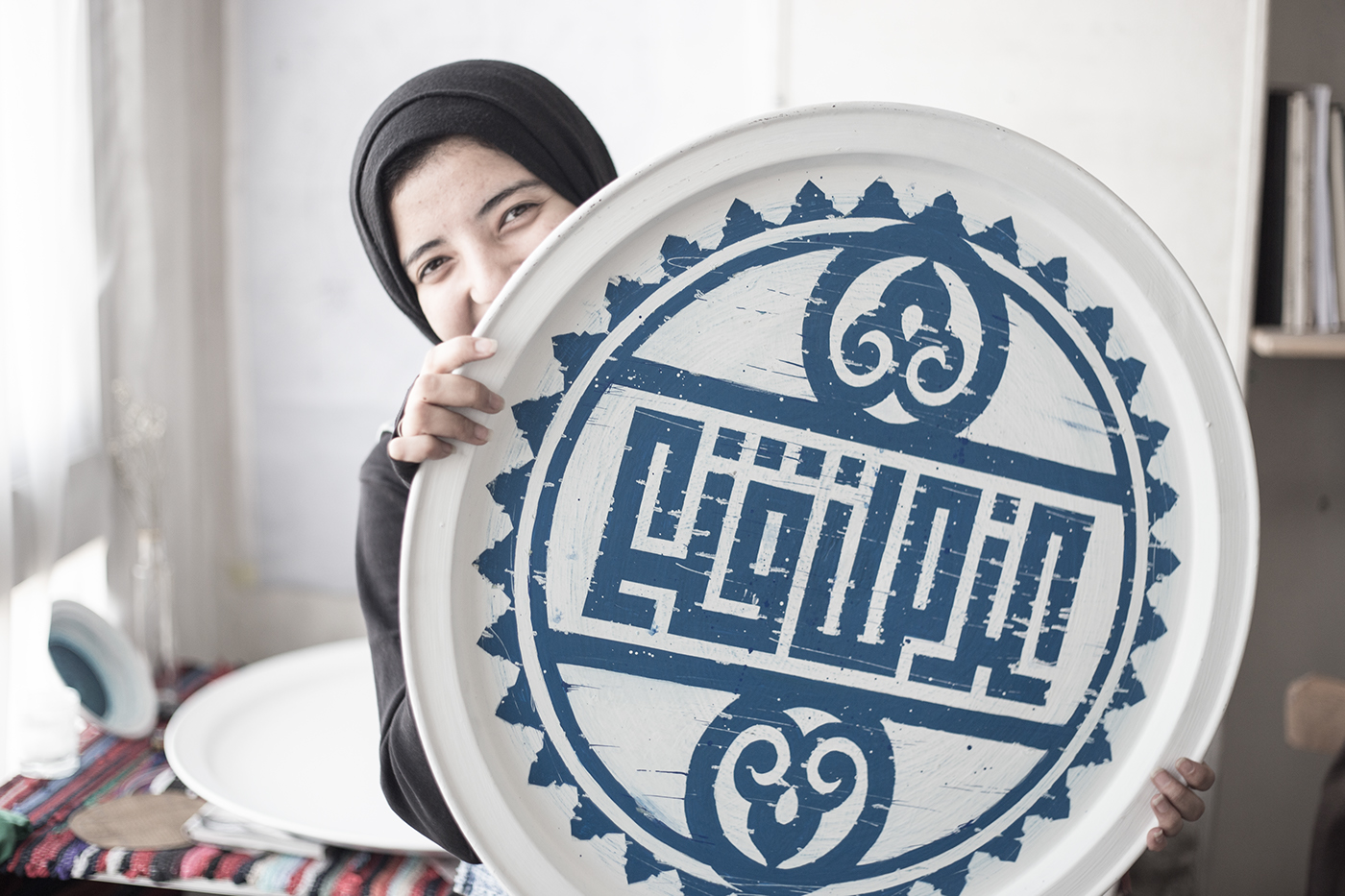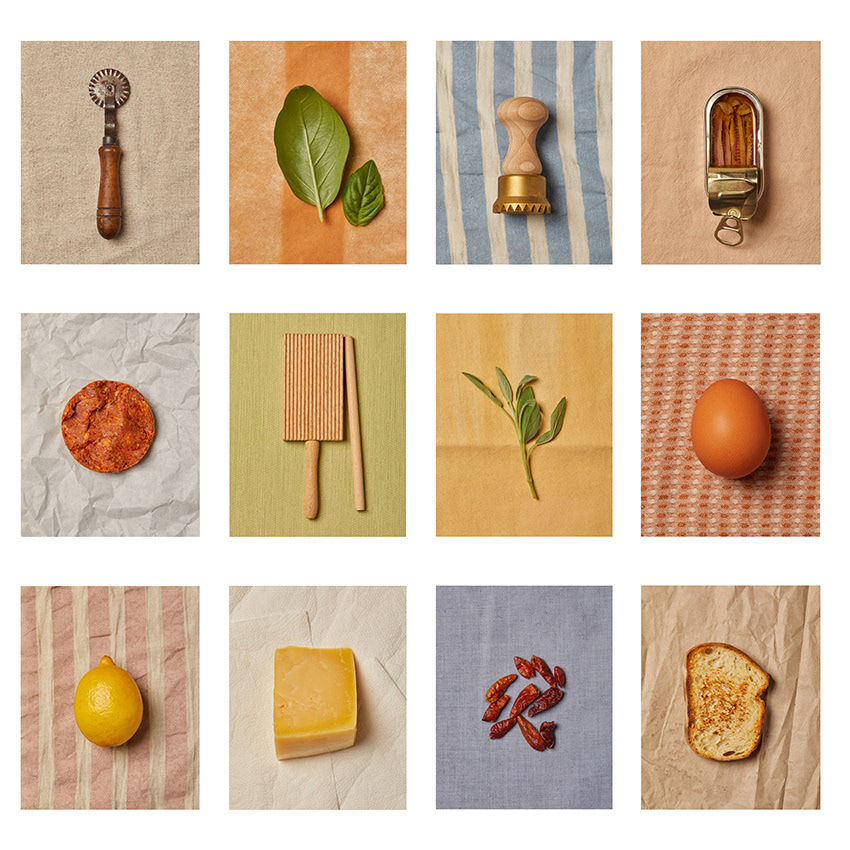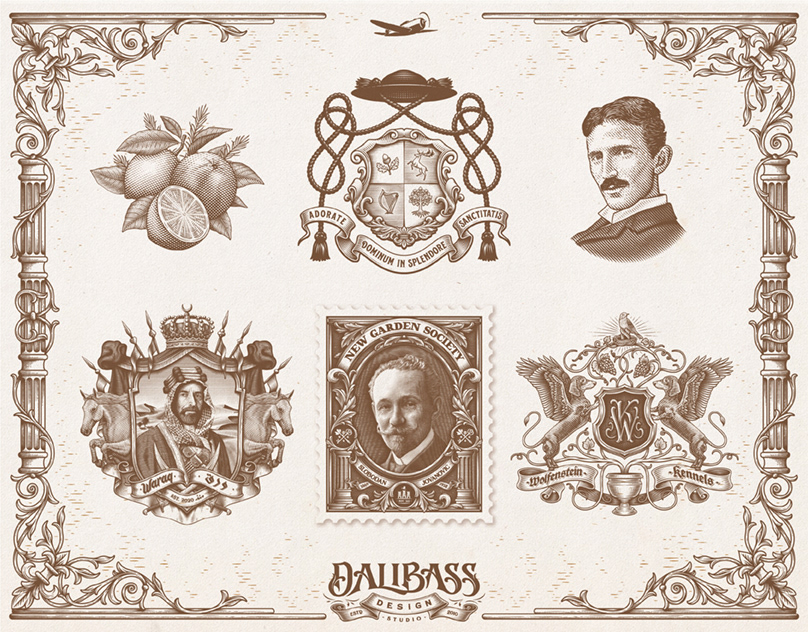
Hana Yehia ElMasry
Traditional artist that is passionate about Arabic calligraphy and Islamic art. Born in Cairo, Egypt.
Hana dropped out of college so that she can freely pursue her passion for art. She got a scholarship at Qaf Studio (a non-profit organization for teaching Arabic typography and Islamic art) where Muhammad ElMahdy - the calligraphy artist and the founder of Qaf Studio - carefully mentored her, then, she joined the Art Jameel Program for Traditional Arts and Crafts in Cairo, that is administered by Prince’s School of Traditional Arts.
Hana started out her own business after a diligent study for Islamic Arts and Traditional Crafts. In her business, she links between Arabic Typography and Islamic Patterns and employ them on various materials in order to create beautiful products for individuals. Hana ElMasry is aiming at reaching the Arabic then global homes through her products.
She hopes to revive Traditional Arts by introducing her products to all individuals in their everyday lives
My Experience at Qaf Studio
Qaf Studio, is a non-profit organization founded and directed by calligraphy artist Muhammed ElMahdy, It is a studio, which supports and encourages young artists in the field of Arabic typography and Islamic arts to start out their own career in the art and design industry.
“Great Achievement Always Requires Great Sacrifice”, this statement was always present in my mind since I ever stepped into this respectful organization. Qaf Studio gave me invaluable principles that are rarely found nowadays. The founder of this organization - Muhammad Elmahdy - never hideaway his knowledge from me or the rest of his students. He had a strategic plan for every one of us so that we reflect a respectful and valuable image in our path in the art field. He always supported me with the knowledge and tools that I need to get the best outcomes of my artworks. Qaf Studio provided me with the suitable atmosphere for studying Islamic art and Arabic typography, both professionally and carefully.
Being in Qaf was one of the reasons that supported my decision to drop college and focus on what I love.

Renks
Renks are badges that Ayyubid and Mamluk sultans and princes have on their properties to show that it is under their ownership.
The word “Renk” has a Persian origin that means “the color”, which was due to the significance of coloring in the drawing of these badges and the distinction between similar forms of Renks. The term “Renk” existed since the 16th century AH (12th century AD) and until the end of the 19th century AH (15th century AD).
The significance of renks changed from time to time, which led to varying its types, shapes, and sizes. Renks, as a powerful visual symbol, have caught my eyes during my study of Islamic Art. Therefore, I decided to delve deeper into the topic and learn more about the story of Renks. My research was not easy, as I have not found many references or writings about it. Through hard work and the guidance of my mentor; I decided to revive this symbol in a way that suits our time through employing renks as an acquirable product so that world could know this rich symbol once more. All of that was through simple designs and a neat production.
There are many types of Renks, such as simple, compound, and functional Renks. There are Renks that depends only on either paintings or calligraphy. Based on my study in Qaf Studio for Arabic Typography, I choose the Typographical Renks redesign it as a tray/plate. This tray could be used for decorating homes by mounting them on walls to give rooms an impressive look. I have been enjoying every moment and learning so much since I started my journey with Renks.
After I finished my first Renk, which is designed by artist Muhammad ElMahdy and produced by me, I was so proud and impressed by the charm of this artwork and I was motivated to produce more. I cannot wait to see my product being used in your homes and mounted on your walls to warmly welcome your guests where they enjoy looking at it and say “Allah” as an expression of its beauty.














